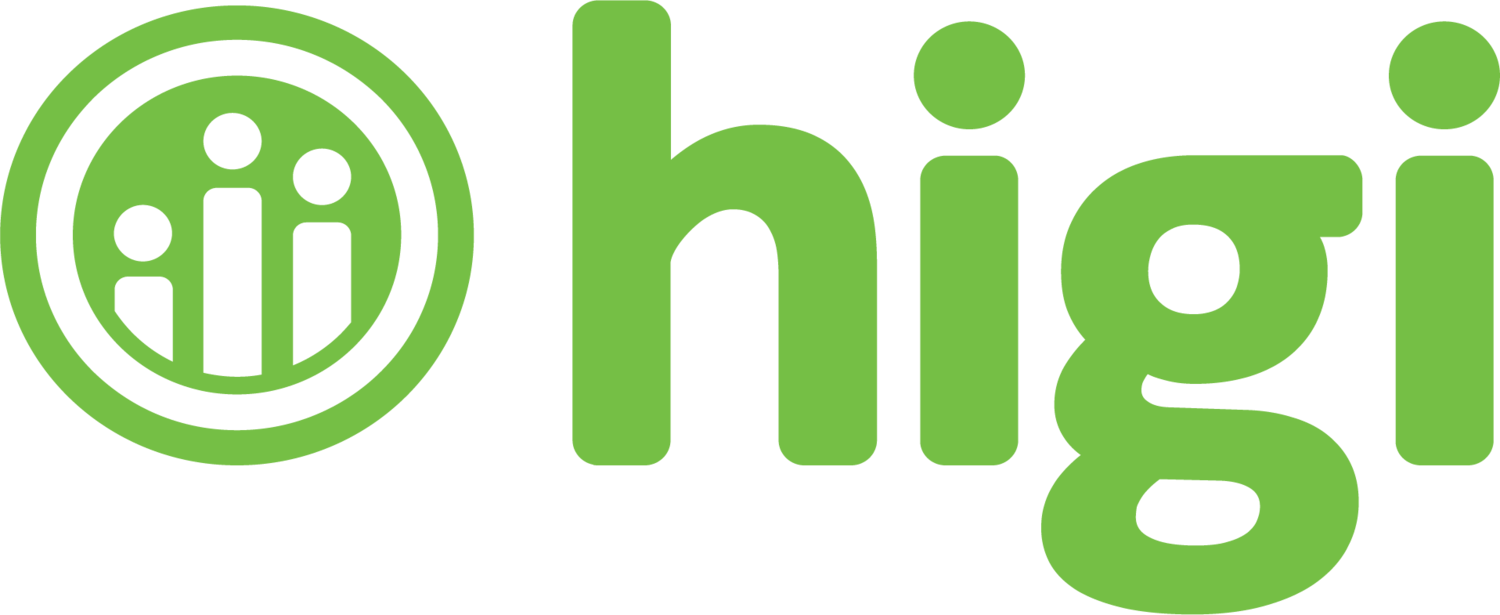As the nationwide doctor shortage grows, new higi study shows that expanding healthcare access alone unlikely to impact health outcomes
CHICAGO, IL, February 29, 2016 — With the number of primary care physicians (PCPs) expected to shrink significantly by 2025, raising more questions about the lack of access to care, merely filling the “access gap” with new or additional providers may not impact health outcomes according to a new study released by higi, the leading retail, omni-channel community health engagement platform. Released at HIMSS16, the study sought to test assumptions around the implications of expanding access to care. The study analyzed data derived from higi’s nationwide network of health stations over 40 months as well as data indicating PCP shortages and surpluses in Alabama, Florida and Georgia, states with an incidence of hypertension and obesity higher than the national average, according to the Centers for Disease Control and Prevention. “One of our goals for this study is to foster a dialogue that goes beyond access to care. Based on our findings, the presence of unfettered access to more primary care physicians or non-primary care clinicians isn’t enough to impact health outcomes,” said Dr. Khan Siddiqui, higi Chief Medical Officer and Chief Technology Officer. The study’s findings and conclusions are based on an analysis of de-identified data from approximately 950,000 users who checked in to more than 1,400 higi health stations in the tri-state area from September 2012 to December 2015. User data was compared to data indicating PCP shortages and surpluses in those geographies. Among the findings:
Weight loss and blood pressure improvement were not significantly better in geographies where there are PCP surpluses
Among demographic, geographic and chronic disease categories, surprisingly, there were no differences observed in populations of counties with PCP shortages compared to those with surpluses
In geographies with both PCP shortages and surpluses, a relationship was found between improved health outcomes (i.e., reduction in blood pressure, and average monthly weight change) and regular engagement with health stations, web portal and mobile app
“Greater access to care is an important piece to the puzzle as we evaluate solutions to improve population health. But finding solutions that empower consumers so they are motivated to embrace healthy behaviors consistently may well be the factor that helps us complete the puzzle quickly and more effectively,” said Siddiqui. According to Siddiqui, empowerment strategies should focus on habit forming methods to help consumers making better choices that lead to healthier behaviors, which have been shown to improve health outcomes.Additional actions necessary to encourage consumer knowledge and ownership of vital health data include: health technologies that are broadly accessible and affordable or free; programs that enhance the capacity for clinical consultation among pharmacists and efforts to improve interoperability and data availability through the use of data APIs. The current study follows a recent higi study that concluded that monitoring based on reward incentives is associated with lower blood pressure and may create lasting behavioral changes in hypertensive users. The study, released in September to the American Heart Association’s Council on Hypertension 2015 Scientific Sessions, found a significant relationship between lowered blood pressure and regular engagement with the higi health platform. As a result of regular engagement, nearly half of the 159,000 users lowered their systolic blood pressure to below 140 mmHg, the cut-off for high blood pressure. The higi health platform, including a nationwide network of more than 10,000 health stations, mobile app and web portal, harnesses science-based principles to encourage the creation of healthier behaviors among users through regular self monitoring and reward-based health challenges. Dr. Khan Siddiqui, higi Chief Technology Officer/Chief Medical Officer, and Ross Goglia, higi Data Science Product Manager, will present the findings of the study “Be where they are not: engaging at-risk and emerging risk individuals in areas with shortages of primary care physicians” at the Physician IT poster session on February 29, 8AM-5PM. Thereafter, the findings will be on display at the higi booth #13131 in the Sands Expo Convention Center. More information can be found here. The study method, results and conclusions can be accessed here. Dr. Siddiqui also will be presenting at the HIMSS/AMDIS pre-conference symposium “Consolidating Gains and Driving Future Value” on February 29. More information can be found here.
About higi
higi’s mission is to get consumers to take small but meaningful steps to create lasting health habits. Its unique, retail, omni-channel community health engagement platform gives consumers the power to collect (and, when they opt-in) share their health and activity data with trusted partners and communities. The higi platform includes the nation’s largest single network of health stations in the U.S. that millions of consumers access. The platform includes the station, web, and mobile app platform. higi stations are HIPAA compliant, FDA 510k Class II medical devices that provide a secure real-time flow of information with multiple screening and tracking modalities, incentives and rewards. This 360-degree, cross-device ecosystem meets consumers where they are (in retail, mobile, home) and enables healthcare stakeholders to better engage with consumers and patients, creating access and actionable insights that motivate and empower individuals in a simple, fun and rewarding ways. For more information, visit us at higi.com and follow us on Twitter @higi. In addition, prospective partner developers can learn more about higi’s API by visiting developer.higi.com. For more informationChris Varoneschris.varones@aesopgroup.com312-213-3887
